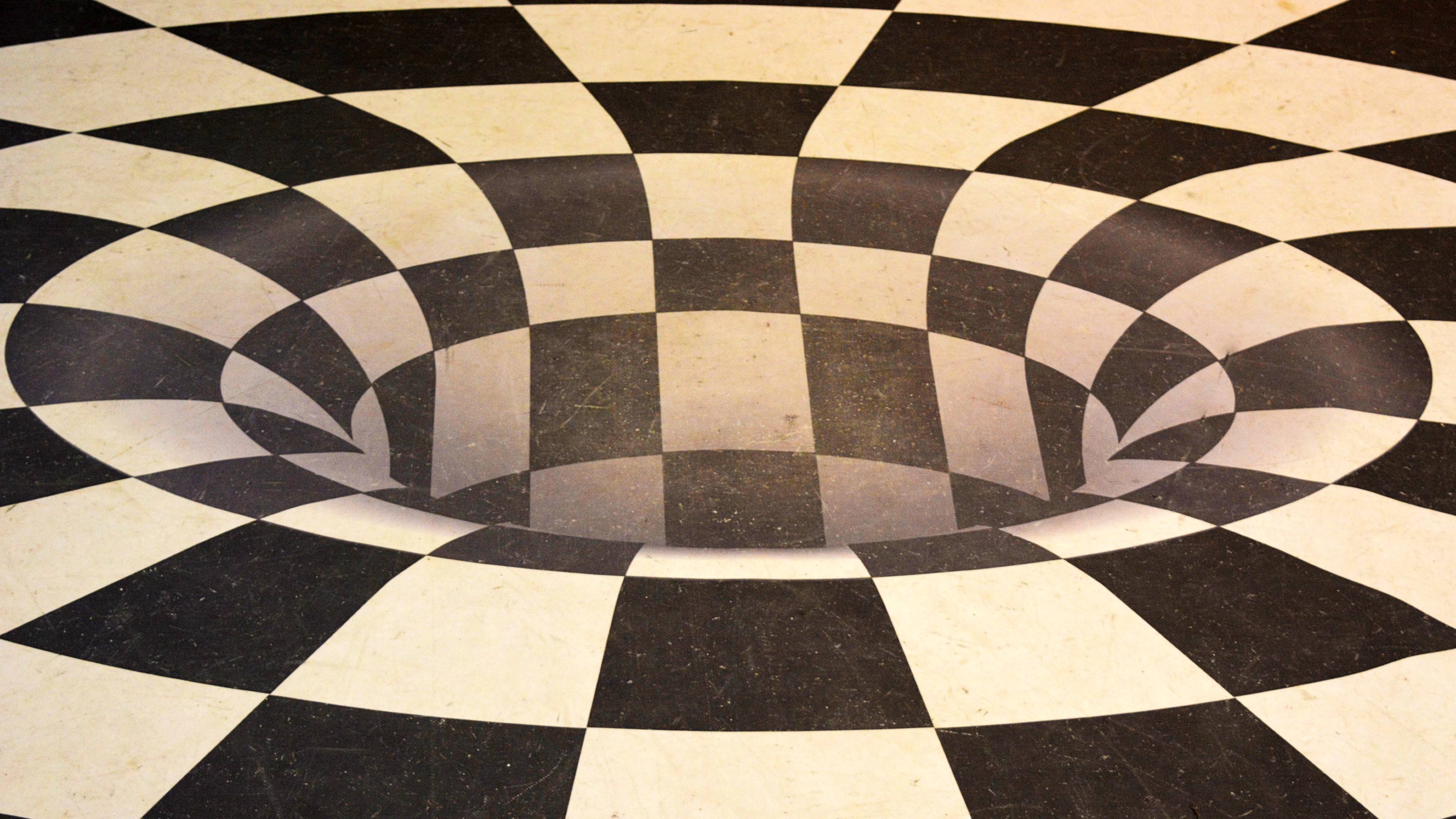Are We As Moral As We Think?
Many of us think of ourselves as moral persons, but in the clinch, when the opportunity arises to do good or bad, how well do our predictions match up with the actions we actually take?
Sign up for the Smarter Faster newsletter
A weekly newsletter featuring the biggest ideas from the smartest people
A study by Rimma Teper, Michael Inzlicht, and Elizabeth Page-Gould of the University of Toronto Scarborough tested the difference between moral forecasting and moral action—and the reasons behind any mismatch. The findings look encouraging: Participants acted more morally than they would have predicted. What’s the missing link between moral reasoning and moral action? Emotion. Emotions—fear, guilt, love—play a central role in all thinking and behavior, including moral behavior. But when people are contemplating how they’ll act, “they don’t have a good grasp of the intensity of the emotions they will feel” in the breach, says Teper, so they misjudge what they’ll do.
Sign up for the Smarter Faster newsletter
A weekly newsletter featuring the biggest ideas from the smartest people




